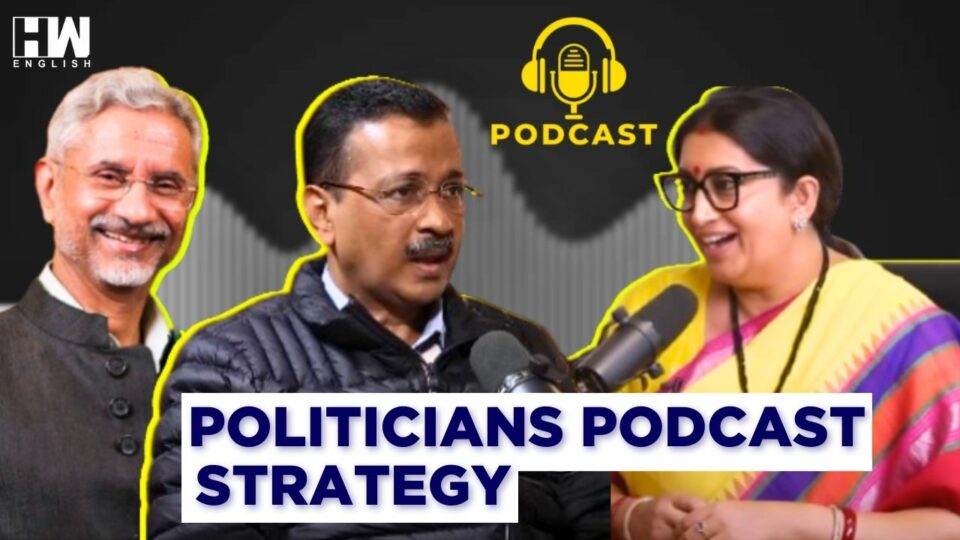Podcasters are also still considered neutral, which enhances their credibility. Lastly, podcasts allow people to discover a new side of politicians and get a sneak peek into their daily routines.
Ahead of the Delhi polls, former CM and AAP chief Arvind Kejriwal is giving interviews to podcasters. In the last 10 days, two podcasts featuring Kejriwal, each over an hour long, have been released on YouTube. What Could Be the Strategy Behind Choosing This New-Age Medium?
At a time when radio interviews have lost their significance, a modified version of the format, which has evolved into an audio-visual medium over the years, has started to grow.
Also Read:Bengaluru: 2 Babies Diagnosed With HMPV Virus
According to a report, India is the third-largest podcast listening market in the world, after China and the US. One of the major reasons behind this medium gaining such a huge number of views and achieving a significant average view duration—at a time when people’s attention spans have decreased—is that listening to podcasts has become part of daily routines. Whether you are stuck in traffic, traveling on a local train, or having lunch at your office, a podcast is well-suited for all these situations.
How Are Politicians Using Podcasts as a Political Tool?
In June and July 2023, renowned podcaster Ranveer Allahbadia, also known as BeerBiceps, interviewed three Union Ministers from the Modi cabinet: S. Jaishankar, Smriti Irani, and Piyush Goyal. The viewership on these videos reached 9.7 million, 2 million, and 1 million, respectively.
Former Maharashtra CM Eknath Shinde, in a podcast aired months ahead of the state polls, discussed his struggling days at length. The video has crossed 3.3 million views on YouTube.
Apart from the impressive viewership, the podcast format allows politicians to narrate their side of the story. The questions asked are generally different from those posed by TV or print interviewers. For example, a journalist might ask direct political questions and counter the politician’s claims, whereas a podcaster tends to ask softer questions and often avoids cross-questioning, opting instead to listen.
Additionally, the average age of podcast viewers is around 20–21 years. This demographic helps politicians reach first-time voters, many of whom may not have developed a preference for any particular party yet and might not actively follow political news.
Podcasters are also still considered neutral, which enhances their credibility. Lastly, podcasts allow people to discover a new side of politicians and get a sneak peek into their daily routines.
How Do Podcasters Benefit?
The digital team of the politician often cuts interesting clips from the hour-long interview, add appropriate music, colorful and quickly changing text, and 5–7 images related to what the speaker is saying. These 59-second clips are then circulated widely over the internet.
While podcasters may not gain direct monetary benefits from this, the reach of their content is significantly amplified. This helps them attract new and potential subscribers through social media platforms and WhatsApp. According to sources, Kejriwal and his team are said to have recorded a podcast.
As an independent media platform, we do not take advertisements from governments and corporate houses. It is you, our readers, who have supported us on our journey to do honest and unbiased journalism. Please contribute, so that we can continue to do the same in future.

